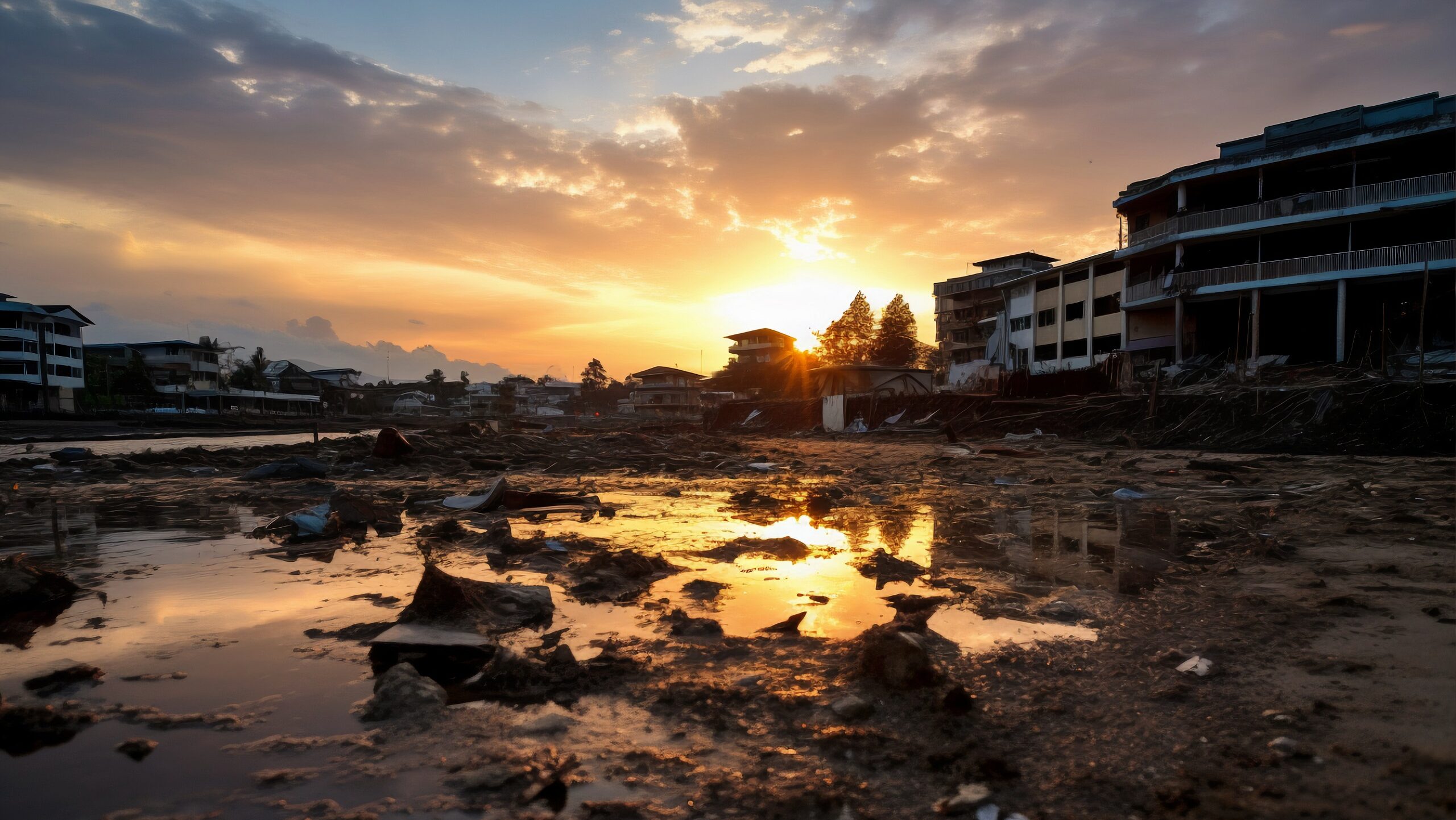The Time To Prevent the Next Catastrophic Flood Is Now
Asharq Al-Awsat, London, September 20
Following the catastrophic flood that devastated Libya, there was an overwhelming sense of sorrow that resonated throughout the country. As with any disaster, it was heartening to witness the outpouring of support and aid from our Arab and Muslim brethren. However, amid this display of solidarity, there was one voice that stood out in stark contrast: that of Mr. Muqtada al-Sadr, the influential Iraqi cleric. Mr. al-Sadr blamed the floods in Libya, which have left thousands of innocent people dead, on the country’s involvement in the disappearance of his cousin, Lebanese cleric Musa al-Sadr, in 1978. Al-Sadr chose to revel in the misery of others, showing not an ounce of compassion for the victims of this natural calamity. Such callous behavior is unbecoming of a person of honor. Amid the condolences and assistance extended by millions of Muslims, Arabs, and Christians, Muqtada al-Sadr’s gloating over the misfortune of those who lost their lives in the floods was inexcusable. These individuals were innocent victims of circumstance. The eastern region of Cyrenaica, in particular, has been left reeling from the catastrophic effects of the flood, which not only devastated crops and buildings but also claimed the lives of many. This once beautiful and prosperous city of Derna now lies in ruins. To make matters worse, the city is now at risk of being overcome by a potential outbreak of diseases, as the decomposition of countless bodies has polluted the groundwater. Tragically, many of these bodies remain unburied due to the challenging conditions that have hindered recovery efforts. The tragedy unfolding in Libya is a heart-wrenching one, encompassing all elements of human suffering. It is one thing to hear about it, and quite another to witness the devastation and piles of lifeless bodies scattered on the streets. These catastrophic sights are simply unimaginable. Entire families, from the youngest to the eldest, have perished, leaving us at a loss for words, unable to offer condolences or solace to our grieving, bereft neighbors. Amid this chaos and terror, however, there is one glimmer of hope: the boundless solidarity and support of the Libyan people. Politics have taken a backseat as citizens from the west and south united with the government to extend aid and rescue equipment to the east. It was a heartwarming display of unity, brought about by tears of both sorrow and joy amid the overwhelming sadness that envelopes the country. The loss of innocent lives has left an indelible mark on the Libyan landscape, but it has also brought out the best in its people, showcasing their unwavering resilience and compassion. Sadly, despite the laws that regulate authorities’ emergency response protocols, the crisis in its initial days was handled haphazardly at best, mostly through volunteer efforts. This lack of proper management resulted in the loss of many lives and the exhaustion of valuable resources with little success. It wasn’t until experienced foreign and Arab teams arrived on the scene that the situation started to improve, and a more thorough approach to crisis management was implemented. The current state of Libya is in shambles, with ongoing conflicts over government legitimacy overshadowing the many issues at hand. The magnitude of the disaster at hand requires stable management, cooperation, and international expertise; resources that Libyan institutions in the field severely lack. Adding to the challenge is the fact that Libya is not accustomed to disasters, thanks to its geographical location and stable climate. This complacency led to a lack of preparation and training for vital services such as emergency, search and rescue, and evacuation teams, leaving the country ill-equipped to handle such crises. We must now make plans to minimize future disaster risks in hurricane, flood, and earthquake-prone Arab countries. These natural disasters are becoming frequent guests, and it is our responsibility to act before disaster strikes. Let this be a wake-up call for proactive disaster management strategies to protect our vulnerable communities. —Dr. Jebril El-Abidi (translated by Asaf Zilberfarb)


